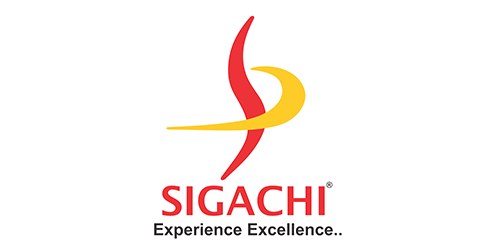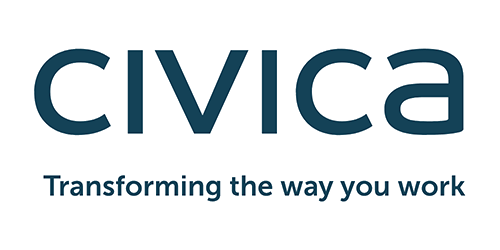Bachelor of Science in Forensic Science
Bachelor of Science in Forensic Science
is a 3-year undergraduate degree program.

About the Bachelor of Science in Forensic Science Program
The Bachelor of Science in Forensic Science program equips students with the knowledge and skills necessary to investigate crimes and analyze evidence using scientific methods. Students study various disciplines such as biology, chemistry, physics, and criminal justice to understand the principles behind forensic analysis. The curriculum typically includes courses in crime scene investigation, forensic chemistry, forensic biology, toxicology, fingerprint analysis, and criminal law. Hands-on laboratory work and internships provide practical experience in collecting and analyzing evidence. Graduates are prepared for careers as forensic scientists, crime scene investigators, laboratory technicians, or forensic analysts in law enforcement agencies, government laboratories, forensic laboratories, or private consulting firms.
Sigma University
AICTE, New Delhi & UGC, New Delhi
03 Years
• Candidate shall have passed Higher Secondary Examination (Grade 12) or equivalent stage of education
• Diploma Engineering holder will be eligible for admission in Semester-IV of the B.Tech Program and will be considered as D2D admission
As per the directives of Admission Committee. Usually from May to October every year.
July 2025
Faculty of Science, Sigma University Vadodara.
10: 00 am to 05:00 pm
Leading Companies Hiring from Our School
Leading companies hire our graduates for their industry-ready skills, strong academics, and hands-on experience.
Highest Salary Package
Recruiters
Placements
Research Paper
Our Placement Partners
At Sigma, we shape global careers with proven worldwide placements.

























































